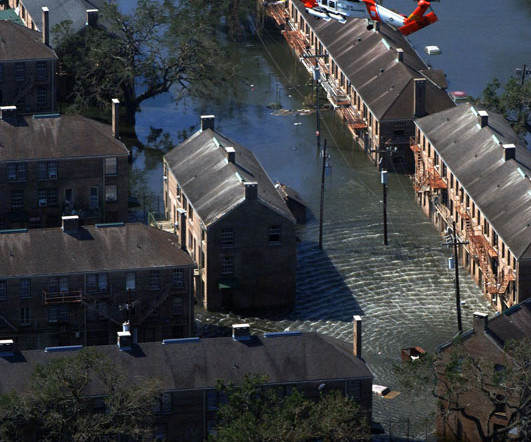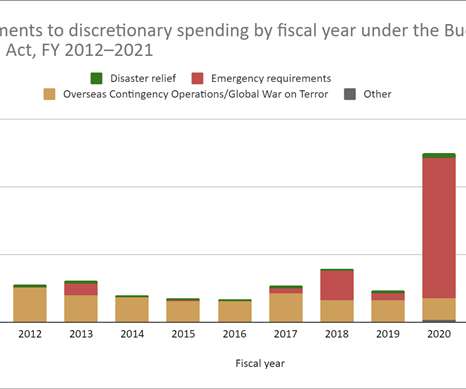Nearly two decades after Hurricane Katrina swept through the Gulf Coast, what policies have changed?
National Center for Disaster Prepardness
AUGUST 22, 2024
However, the devastation wrought by Hurricane Katrina made it clear that the field had prioritized terrorist events to the detriment of other disasters. Lessons learned after Katrina led the field to refocus again on an all-hazards and a more whole-community-oriented planning approach.










Let's personalize your content